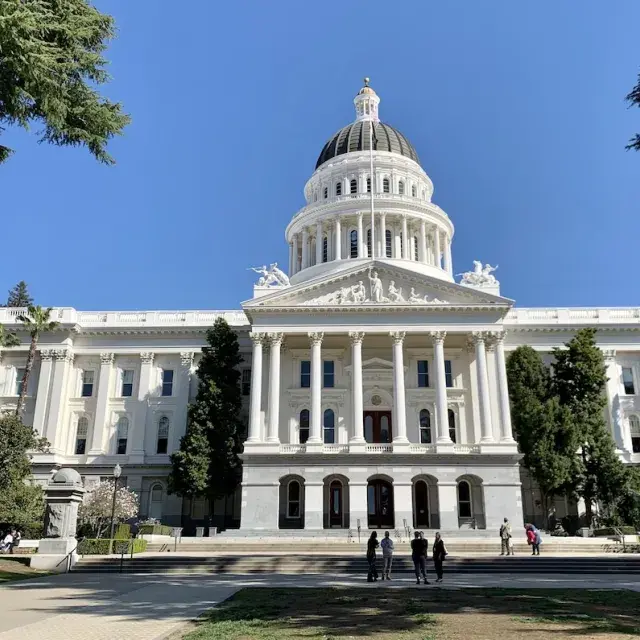Last week, lawmakers introduced bipartisan legislation that would make the New Markets Tax Credit a permanent part of the tax code, solidifying a program that has supported more than 8,500 business and community-driven projects and created more than a million jobs across the country since it was created in 2000.
Reps. Claudia Tenney (R-N.Y.) and Terri Sewell (D-Ala.), along with Sens. Steve Daines (R-Mont.) and Mark Warner (D-Va.), introduced the New Markets Tax Credit (NMTC) Extension Act of 2025 (H.R. 1103 / S. 479).
The bill is identical to prior versions of the bill introduced in the 118th Congress (H.R. 2539 / S. 234) and 117th Congress (H.R. 1321 / S. 456). In addition to making the NMTC permanent, the bill would also establish a $5 billion annual allocation of tax credits, indexes that $5 billion allocation to inflation annually, and exempts future NMTC investments to the Alternative Minimum Tax (AMT) – as current NMTC investments are. The NMTC will expire at the end of 2025 without congressional action. An identical Senate bill is expected soon.
“From rural towns to urban centers, the New Markets Tax Credit has transformed neighborhoods, funding essential projects like healthcare centers, schools, and workforce development facilities,” said Lori Chatman, president of Enterprise’s Capital Division. “A proven tool for catalyzing economic investment and growth in communities that need it the most, the NMTC must be made a permanent fixture in the tax code before it expires this year. We applaud Congresswoman Tenney for championing this legislation and urge Congress to act swiftly to safeguard the future of this vital program.”
The GLOW Healthy Living Campus in Rep. Tenney’s upstate New York district had its ribbon cutting ceremony in December. It is one of over 100 NMTC deals Enterprise has financed since the program’s creation in 2000. The project’s 78,000 square feet includes a YMCA and a Federally Qualified Health Center (FQHC) operated by United Memorial Medical Center (UMMC) that serves the Batavia community in the state’s Finger Lakes region. GLOW contains a fitness center, a wellness center, and a full-service primary medical care facility. Its impact on the community includes:
- Creating 72 pre-development and construction jobs;
- Creating 18 new jobs and preserving 47 jobs at the YMCA;
- Creating 73 new jobs and preserving 182 jobs at UMMC;
- Doubling the YMCA’s capacity to serve 6,000 people annually, up from 3,000, in addition to serving 3,000 children yearly in preschool, after school, camp, and sports programs;
- Increasing UMMC’s patient base by 2,400 people, totaling 9,500 people served, including 8,400 patients plus non-patient participants in its programs across over 12,500 visits per year.
Nationally, $81 billion in federal allocations has resulted in over 8,500 projects and created 1.2 million jobs. These NMTC projects include FQHCs, daycare centers, schools, treatment facilities, job training or apprenticeship programs, as well as manufacturing and industrial businesses.
The NMTC Extension Act is one of Enterprise’s top federal policy priorities. Making it a permanent part of the tax code will increase the efficiency of and add stability to this proven public-private partnership for community revitalization by driving capital to communities frequently left outside of the economic mainstream. Making it permanent will also allow for the investor community to diversify, as well as grow businesses and community services, job creation, and increased economic opportunity.
Last year, the Treasury Department’s Community Development Financial Institutions (CDFI) Fund, which administers the NMTC program, announced that the Calendar Year 2024 (CY24) and CY25 NMTC rounds would be combined into one $10 billion round, which Enterprise strongly supported. Combining the final two rounds before the program expires at the end of this year will help get these resources more quickly to distressed communities, creating jobs, growing local economies, and creating businesses and services. This double round will also help demonstrate to Congress why it is imperative that they make the NMTC permanent in the major tax legislation anticipated this year.



